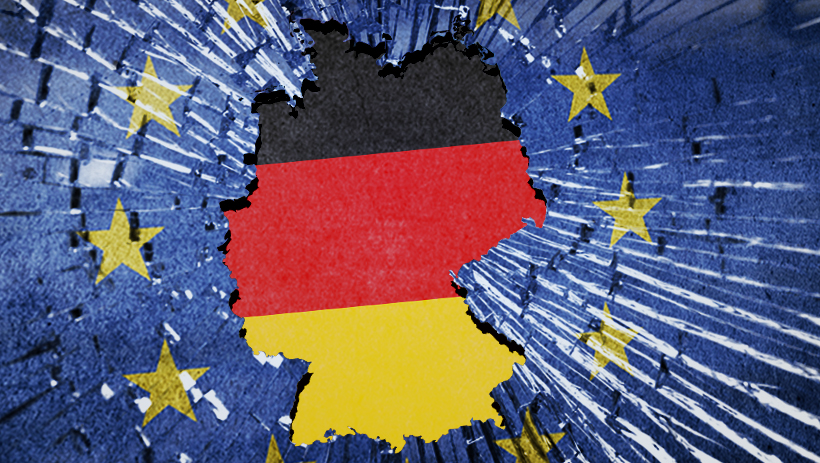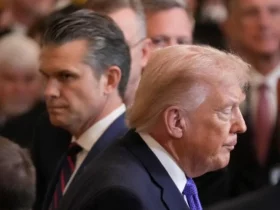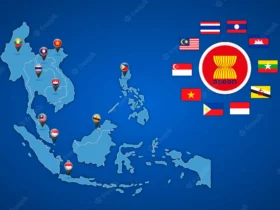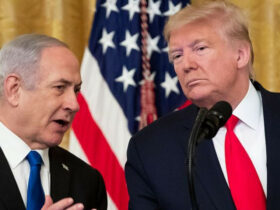The gap between realty and political propaganda seems to grow every single day in Germany. In almost all decisive political topics the official policy and its loudspeakers in news and media object public opinion – in domestic and international topics. The question of Germany´s role in the European Union” is one of those tropics: While mainstream media celebrates Germany´s “positive leading” role within the Brussels´ “superstate” complex and describes German chancellor Angela Merkel as a type of “savior” of the continent, the reality looks quite different: Since WW2 Germany was never as hated has today: The Greek people feel bothered, squeezed and exploited by the policy of austerity also Merkel imposed on them. Eastern Europe refuses to follow Merkel´s policy of open borders and mass migration – and suffer harsh attacks by Berlin and Brussels because of their steadfastness in this important question. While liberal international media houses made Merkel a type of beloved and popular “Anti-Trump” and call her – seriously! – “Weltkanzlerin” (“World-Chancellor”), a new anti-German sentiment is gaining ground in Europe day by day.
Germany and the EU – the harmony-propaganda in Germany is running as well on the highest level. While the population feels the negative effects of mass migration, sanctions regimes and the Euro currency, the government blasts via all PR channels that the EU guarantees economic prosperity and inner security for the country. The daily life experience of the Germans object these propaganda pieces by the officials.
The recent conflict between “EU-Europe” and “EU-Germany” is much more dangerous than the debates and conflicts of the past. “Europe” – in reality, they mean EU – became a substitute identity for the German mainstream political parties and media. While “proud to be German” is seen as highly problematic, nationalistic and backwarded, “proud to be European” is accepted as modern, open-minded and progressive. German mainstream parties have a problem in defining “German national interest”, instead they often prefer to empathize that there is only a kind of “European interest”, “Western interest” – or as the German ministry for foreign affairs officially states: “Human Rights”.
At the same time Germany is the economic power plant of the EU. All economists know: There can´t be an EU without Germany – but a Germany without an EU. Especially second part of that “ugly truth” won´t be blurted out by official media channels.
For the other European countries such a political approach towards Europe must seem like a threat – as if Berlin tries to govern and control whole Europe not with the tool of war but with the instrument of Brussels.
But it is not Germany which dominates Europe – it is the globalist political elite in Berlin which dominates the EU. From its early beginnings the European Community and before the European Coal and Steel Community (ECSC) where international instruments to control and dominate (West)German industry, economy and policy. German chancellor Helmut Kohl described the Euro currency as the “price” for the German reunification in 1990. Within decades the German political elite “inhaled” the globalist and liberal agenda of those projects – and became the biggest supporter and even pacemaker and afterburner for the total disintegration of European nation states, national and cultural identity and sovereignty.
Germany is not in a conflict with EU, Berlin not in a dispute with Brussels. Germany is in a conflict with itself in these days. While the population is calling more and more for politics based on national interest, the Berlin government is trying to speed up the realization of the EU super state. The louder the Germans demand their right of self determination, the more hectic Berlin politicians push for the “United States of Europe” which is seen as the logical accessor of the “European Union”. The louder the Germans demand a limit to the migration policy, the more hectic Berlin politicians try to press especially Italy and Eastern Europe to accept illegal migrants in large numbers.
There is no doubt that Germany is the political European battle ground for the next years. When German Euroskeptics – in these days they are represented by the AfD-party – might conquer the power centers in German capital, it wouldn´t be just a benefit for Germany itself – but a relief for the whole European continent.

















Leave a Reply